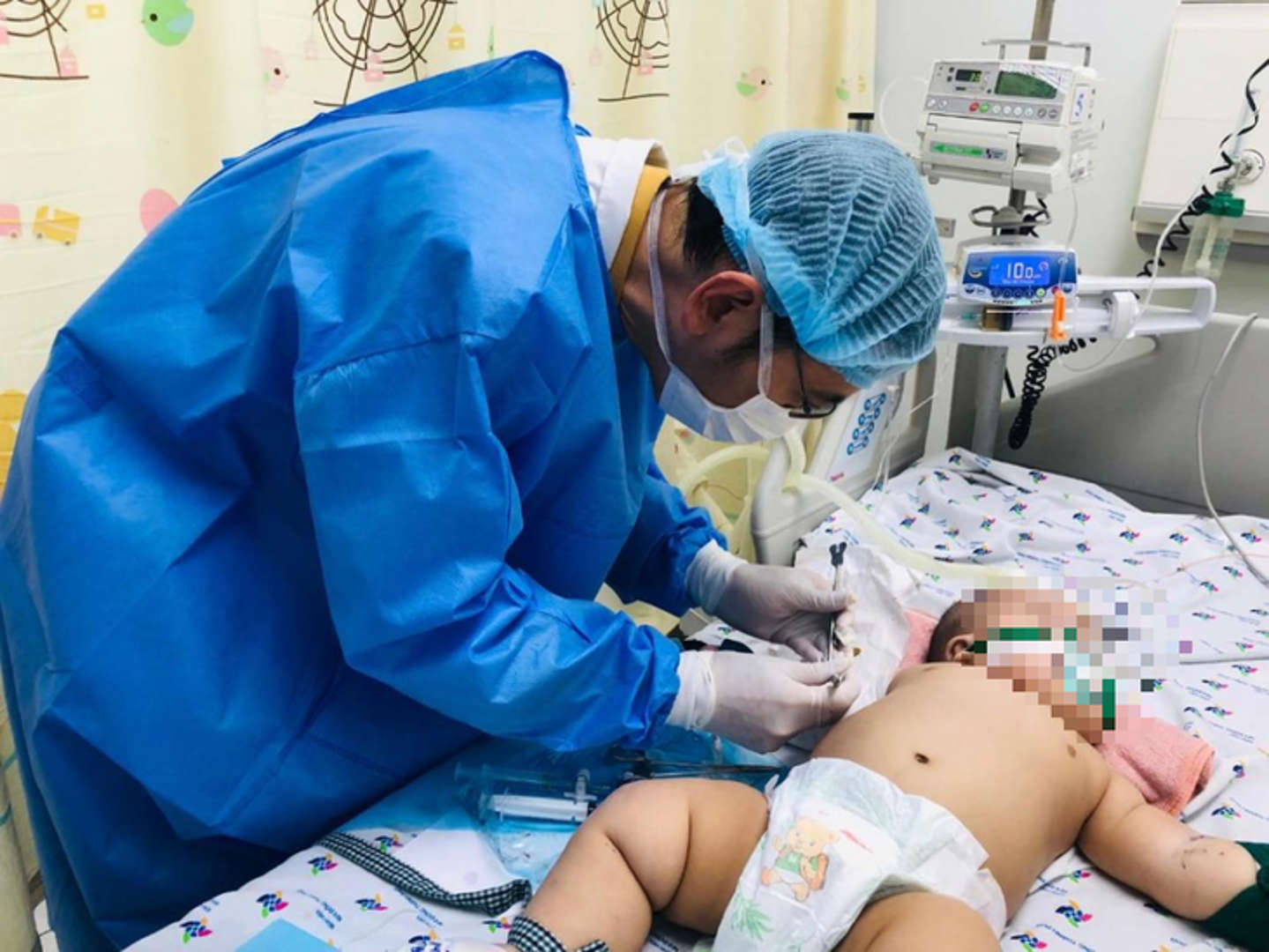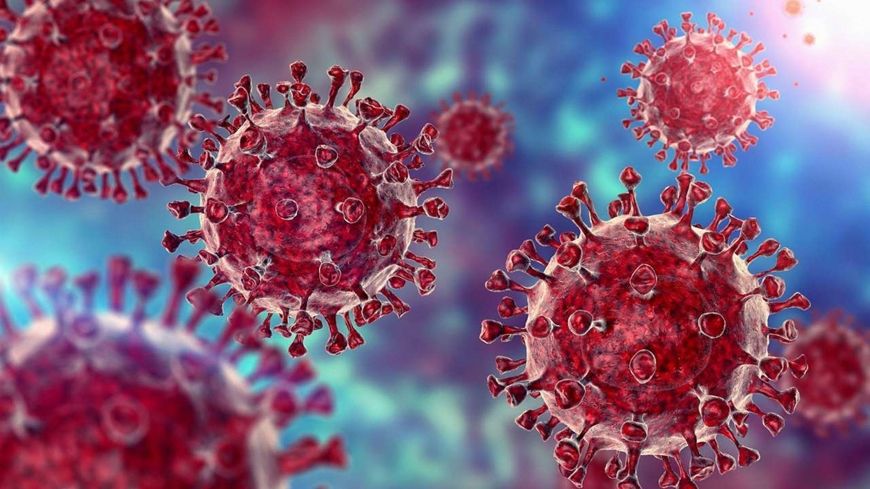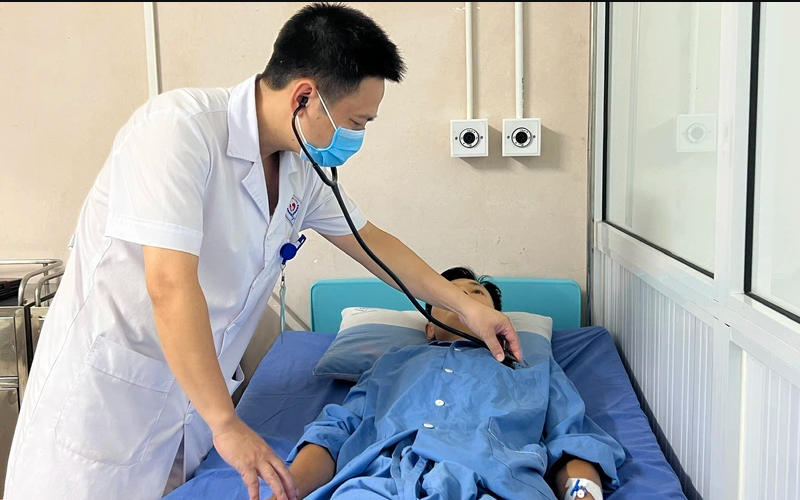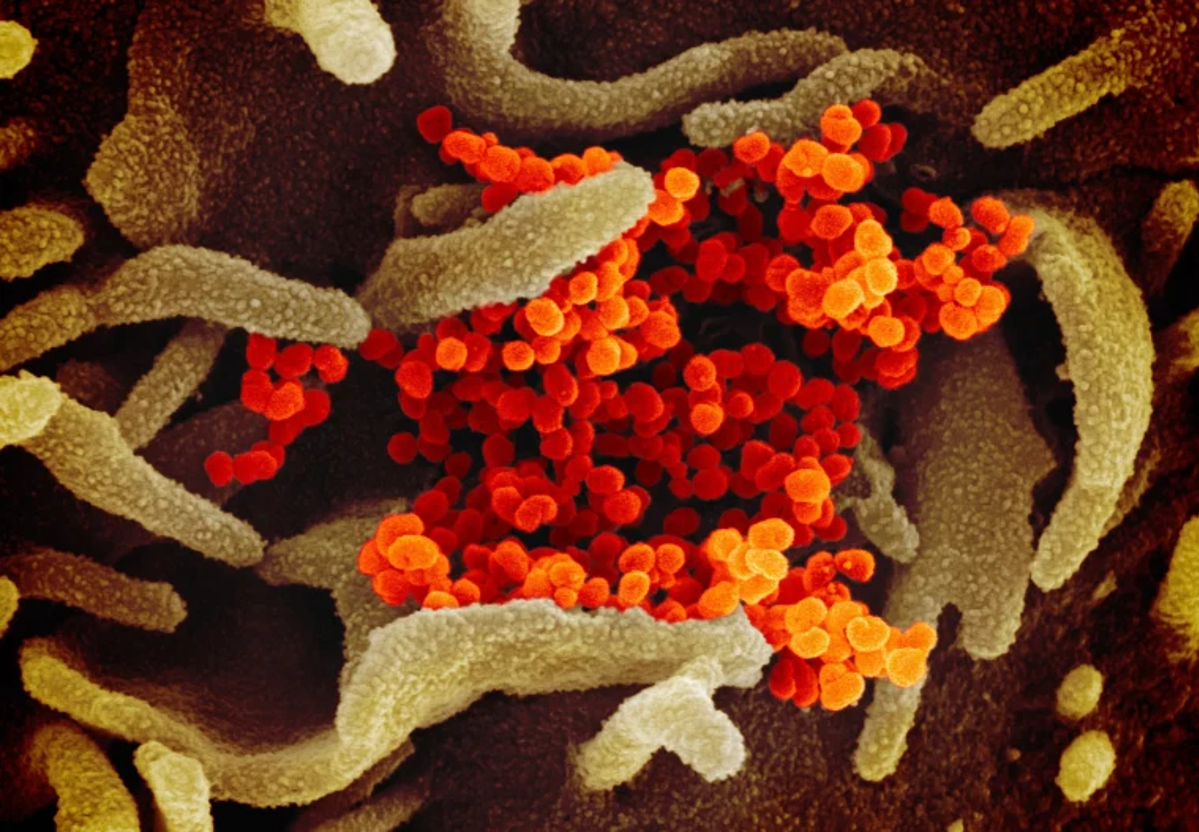Ho Chi Minh City is facing an epidemic of dengue fever, with a severe case of blood concentration
Along with the rapidly increasing hand, foot and mouth disease, Ho Chi Minh City is also facing dengue fever.

The Department of Health of Ho Chi Minh City has just released the latest report on the situation and activities of disease prevention and control in Ho Chi Minh City under the direction of the City People's Committee.
Regarding dengue fever, from the beginning of the year until now, Ho Chi Minh City has recorded 9,790 cases. Currently, hospitals in the city are treating 158 cases, of which 106 are located in the city.
Of the 158 cases being treated at the hospital, 69 are adults (with 2 pregnant women), and 89 are children. In which, there are 13 severe cases, 8 cases of invasive mechanical ventilation, 2 cases of dialysis. No case in HCMC has died from dengue fever yet.
- Ho Chi Minh City: Hand, foot and mouth epidemic 'stack of epidemic' dengue fever
For hand, foot and mouth disease, the total number of cumulative cases from the beginning of the year to now in the city is 13,173 cases. Currently, hospitals are treating 477 cases, of which 476 are under 6 years old (99.7%). There are 36 severe cases, of which 7 are located in Ho Chi Minh City.
At the City Children's Hospital, on July 31, CKII doctor Nguyen Minh Tien - deputy director of the hospital - said that he had just saved the life of a VMQ child (5 months old, living in Binh Thuan province) suffering from severe dengue shock. on the basis of obesity (11kg, at this age the child is about 6-7kg).
The baby was admitted to the hospital in a state of shock and skin rashes. Taking the history records that the child has a high fever continuously for 3 days. On the 4th day, the child's fever subsided, he vomited brown liquid, his stomach was distended, and he had red spots on the skin, so the family took the child to a local hospital.
Here, the child was noted to be restless, fussy, purple cotton skin, light pulse, cool extremities, unmeasured blood pressure, bleeding spots on limbs, abdomen. The results of the tests showed that the child had hemoconcentration.
Immediately the child was diagnosed with severe dengue shock and received anti-shock treatment according to the regimen. Realizing that overweight and obese children are especially difficult to access, the doctors consulted and transferred the children to the City Children's Hospital.

The child was treated aggressively, changed to a weight-adjusted dextran solution for shock. The child's disease process is very complicated, with prolonged shock, respiratory failure, liver damage, severe coagulopathy, gastrointestinal bleeding, bruised injection site, metabolic acidosis, hypoglycemia.
By day 7 of the disease, the child still had a high fever, blood tests showed an increased inflammatory response, so he was given more immunomodulatory drugs. After nearly 2 weeks of treatment, the child's condition improved gradually, the fever was gone, the oxygen was taken off, and the baby was well fed.
"This is a case of severe hemorrhagic shock, complications of coagulopathy, and organ damage in infants with low birth weight, making it difficult to make appropriate treatment decisions, access intravenous to set up the line and take blood samples for testing," shared Dr.
- Dengue fever prevention: Actively kill mosquitoes, larvae, bed nets
Before the recent rainy weather, which creates favorable conditions for midges to multiply and spread dengue fever, Dr. Tien recommends that parents actively kill mosquitoes, kill larvae, and sleep with mosquito nets to avoid mosquito bites.
If your child has a high fever for more than 2 days, one of the signs includes fussiness, restlessness, irritability or lethargy, abdominal pain, nosebleeds, blood in the teeth or vomiting blood, black stools, hands and feet. cold, lying in one place without playing, giving up breastfeeding, eating and drinking... must take the child to the hospital immediately.
The Department of Health of Ho Chi Minh City said that the health sector continued to regularly monitor the epidemic situation in the area, promptly responding to possible situations.









 Facebook
Facebook
 Tweet
Tweet
 Zalo
Zalo







 News
News

















 Sign in with Facebook
Sign in with Facebook
 Sign in with Google
Sign in with Google